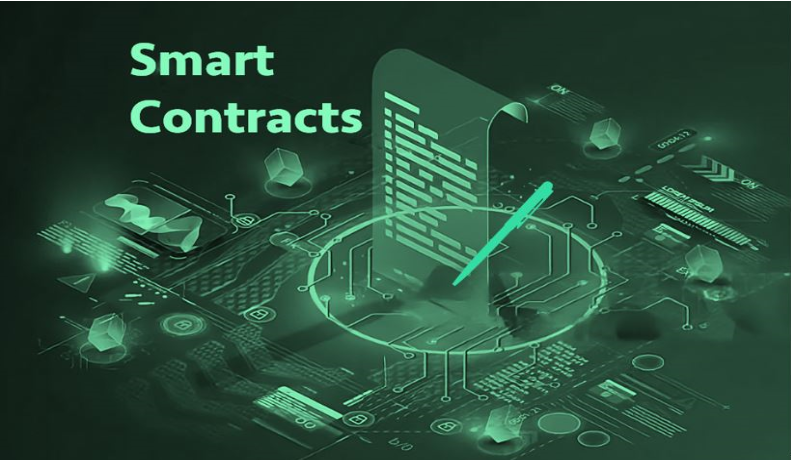SMART CONTRACTS FOR FORMALISING AGREEMENTS IN THE DIGITAL AGE
Smart contracts, the cornerstone of the blockchain revolution, are self-executing agreements encoded on a blockchain. Unlike traditional contracts, which rely on intermediaries and complex legal systems, these autonomous mechanisms guarantee the automatic execution of agreed clauses once certain conditions are met. Their immutability, transparency and efficiency position them as a disruptive tool with the potential to transform multiple industries.
How do they work?
Coded in specific languages such as Solidity, these contracts are deployed on a blockchain and are automatically executed when certain predefined conditions are met. By eliminating the need for intermediaries, smart contracts streamline processes, reduce costs and minimise the risk of fraud.
What are smart contracts for?
Smart contracts serve to automate and secure the execution of agreements between two or more parties. By encoding the terms of a contract in a computer programme and executing it on a blockchain, it eliminates the need for intermediaries and ensures that the agreement is automatically and transparently enforced.
USES
- Eliminate the need for intermediaries: Transactions are executed directly between the parties involved.
- Increase efficiency: Processes are automated, reducing time and costs.
- Improve security: Blockchain technology guarantees the immutability of records and protects against fraud.
- Increase transparency: All transactions are public and verifiable by anyone.
- Facilitate collaboration: It allows people and organisations around the world to collaborate on projects securely and efficiently.
BENEFITS
- Transparency: Every transaction and contract status is immutably recorded on the blockchain, ensuring traceability and auditability.
- Security: The blockchain’s robust cryptography protects contracts from tampering and ensures their integrity.
- Automation: mart contracts eliminate the need for human intervention in the execution of agreements, reducing errors and response times.
- Immutability: Once deployed, a smart contract cannot be modified, providing greater confidence in the execution of terms.
APPLICATIONS
The applications of smart contracts are vast and span a variety of sector:
- Finance: Automated lending, decentralised insurance, digital asset management.
- Logistics: Supply chain tracking, inventory management, automated payments.
- Government: e-voting, property registries, public contract management.
- Gaming: Games with internal token-based economy, creation of unique virtual objects.
Smart contracts represent a disruptive innovation with the potential to radically transform the way we conduct transactions and agreements. While there are still challenges to overcome, their ability to automate processes, ensure transparency and reduce costs positions them as a technology with a promising future. As blockchain technology continues to evolve, we can expect to see increasing adoption of smart contracts in a variety of sectors, driving a new era of efficiency and trust in digital relationships.
Disclaimer: The information set out herein should not be taken as financial advice or investment recommendations. All investments and trading involve risk and it is the responsibility of each individual to do their due diligence before making any investment decision.






